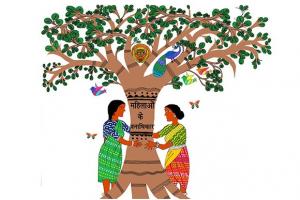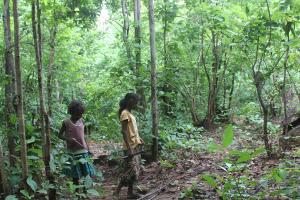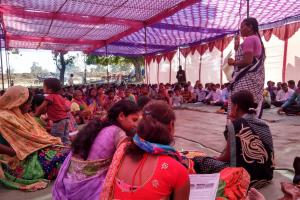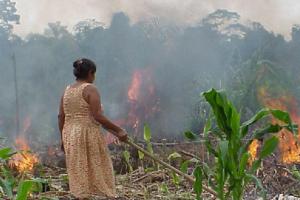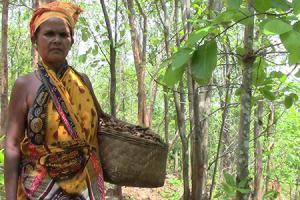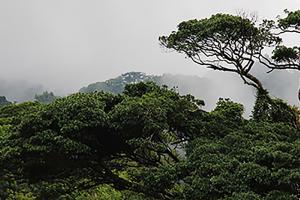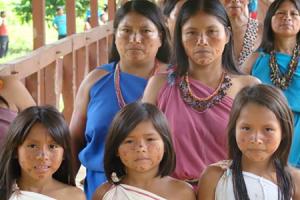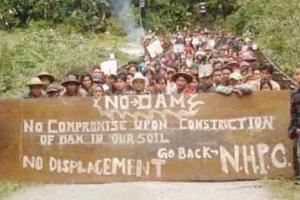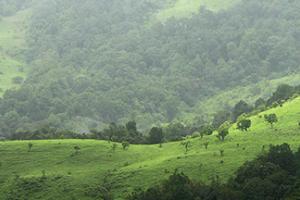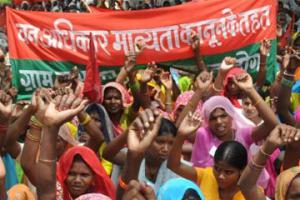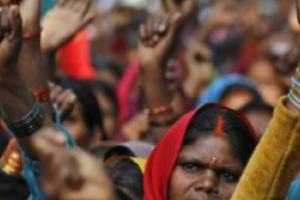Seeds of Hope
“What are the solutions to forest destruction?” “What are the alternatives?” Questions like these are often raised to squash possible debate that could lead to real solutions to deforestation and climate chaos. The way forward starts with ending the assault on forest peoples and their ways of life, and learning about their relationships with their territories. For generations, forest-dependent communities have lived in and with forests, and have protected them.
The inter-dependencies in and among communities with their life spaces and practices sheds light to the conservation practices of forest communities. And within these interdependencies lie the stories of women.
A feminist view on Commons reveals that accumulation opposes the basic principles of sharing and sustaining: receiving from nature’s abundance is done by ensuring that needs (and not wants or greed) define the extent of extraction.
Village assemblies in Korchi, along with resistance against mining, are actively engaged in reimagining and reconstructing local governance. Women’s collectives have also started to assert their voice in these emerging decision-making spaces. (Available in Swahili).
Fires in the Amazon are occurring more frequently and with greater intensity. But who is really burning the forests?
India’s programme to compensate for the destruction of forests for development projects is routinely setting up monoculture tree plantations on community commons. Women, who are mostly affected, are at the centre of its resistance.
